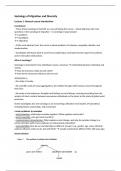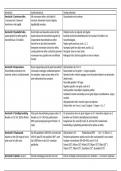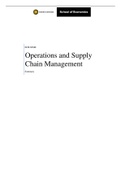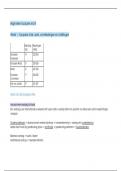Samenvatting
Summary Sociology of Migration and Diversity
This is an extensive summary of the first course of the master Governance of Migration and diversity. It entails all the sociology lectures, as well as the articles that were included in the lectures and belong to the mandatory readings for the exam.
[Meer zien]








